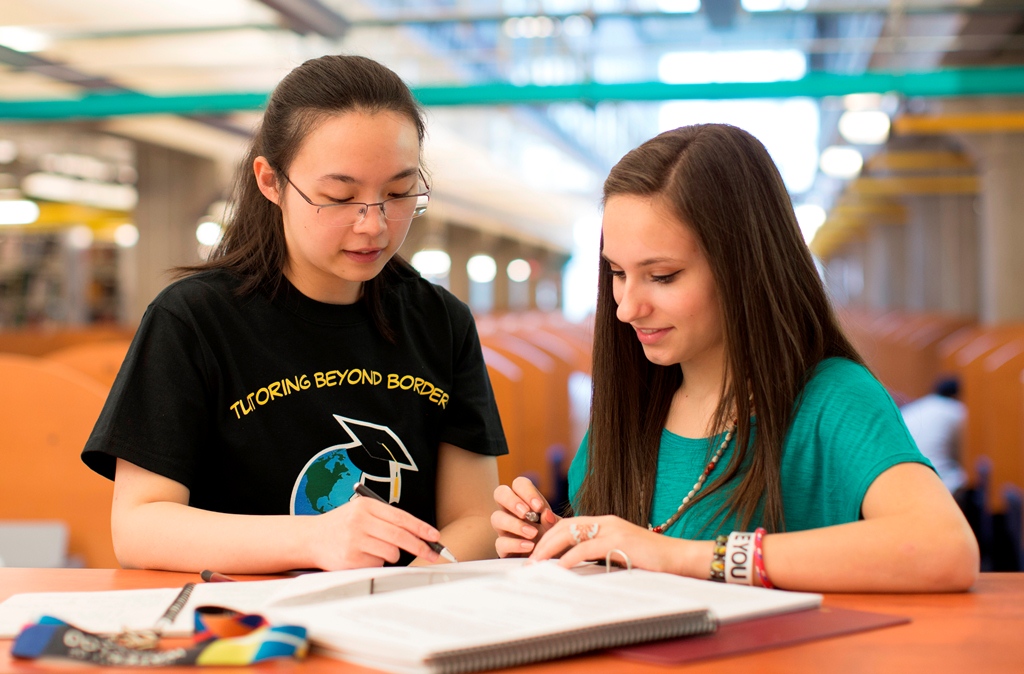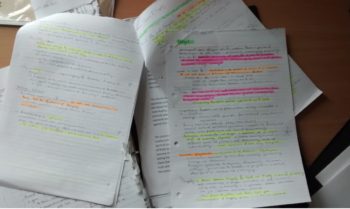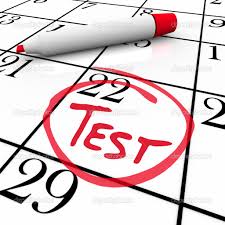
In the previous three posts in our series on what separates successful students from their peers, we covered skills and habits related to reading for meaning, taking notes on texts prior to discussion in class, and bringing notes to class for editing and highlighting to indicate what ideas are most important. In this post we cover an essential habit that is closely related to the prior three: immediately asking for help from teachers, parents, or tutors when an idea or assignment is not fully understood.
In the first post in this series, we noted that note taking prior to discussion is helpful because it allows the student to be familiar with the ideas and terms in the text and thus class lectures can be used for thinking, listening, and clarification. While this shift in habits will dramatically improve retention, there is a second important rationale for note-taking as the first step in the learning process.
Note-taking before class discussion allows you to know what you understand and what you don’t
By taking notes on the text as the primary step, the student can make an inventory of the ideas from the text that he or she has mastery over, and can thus use class discussions and lectures for further clarification and focus on the points that are not fully grasped. If a student has taken notes as a first step, he or she will make sure to focus intently during discussion or lecture on the points that are not clear from the first round of processing that occurred during reading and note-taking. If, after the class discussion an idea or several are still unclear, then the student knows that he or she must ask for additional assistance from the teacher, parents, or a tutor.
By taking notes early in the process, the student can identify exactly which points he or she understands completely and those which are unclear. It is perfectly acceptable for a successful student to not fully grasp every idea that is presented in a text and discussion. No reasonable teacher or adult expects a student to understand everything perfectly on his or her own. If a student does not have mastery at this stage, he or she needs to seek out additional help.
This is where successful students operate differently than their peers. By pinpointing exactly what they know and do not know, successful students can then acquire the specific help that they need for mastery. Further, the successful student identifies knowledge gaps at their first occurrence and does not wait until the day(s) leading up to the test to acquire help. Instead, the successful student seeks immediate clarification and assistance from teachers, parents, or tutors.
The successful student knows what he or she does not understand from early on in the learning process and thus can acquire the assistance needed for mastery. Top students are not always the most natively gifted. Top students achieve their results with honesty, preparation, and a willingness to ask for help when needed. The most successful students acquire support from teachers, parents, and tutors well before the deadline or test day.
Let us contrast this kind of behavior with the typical pattern of most students. Most students do not read and take notes prior to the class discussion of the topics. Thus, they enter the classroom lacking familiarity with the ideas of that day’s discussion. The typical student will not have an inventory of those ideas which need further clarification and will not focus attention on such concepts. He or she will be too busy trying to write, listen, and think to be able to reasonably make sense of which ideas are primary and emphasized by the teacher. All concepts will be treated as equal in importance and notes will be incoherent and not useful for learning or test preparation.
The day before the test is too late to get proper help
Likely, he or she will not read the text until the days before the test and will have no way of knowing if he or she has properly mastered the ideas for the upcoming exam. It is only on the night before the test when such a student figures out which ideas and terms need further clarification, usually by working on a test review packet from the teacher. At that moment, it will be too late to get the help that is needed. This typical student will have little likelihood of achieving a grade on the exam that is equal to his or her native abilities, for their habits have put an artificial limit on the maximum grade they can acquire.
If you or your child wants to learn to be an efficient student and how to read for meaning, take useful notes, properly prepare for exams, and write academic essays, then please take a look at our Learning to Learn study skills and methods program for middle, high school, and college students.
